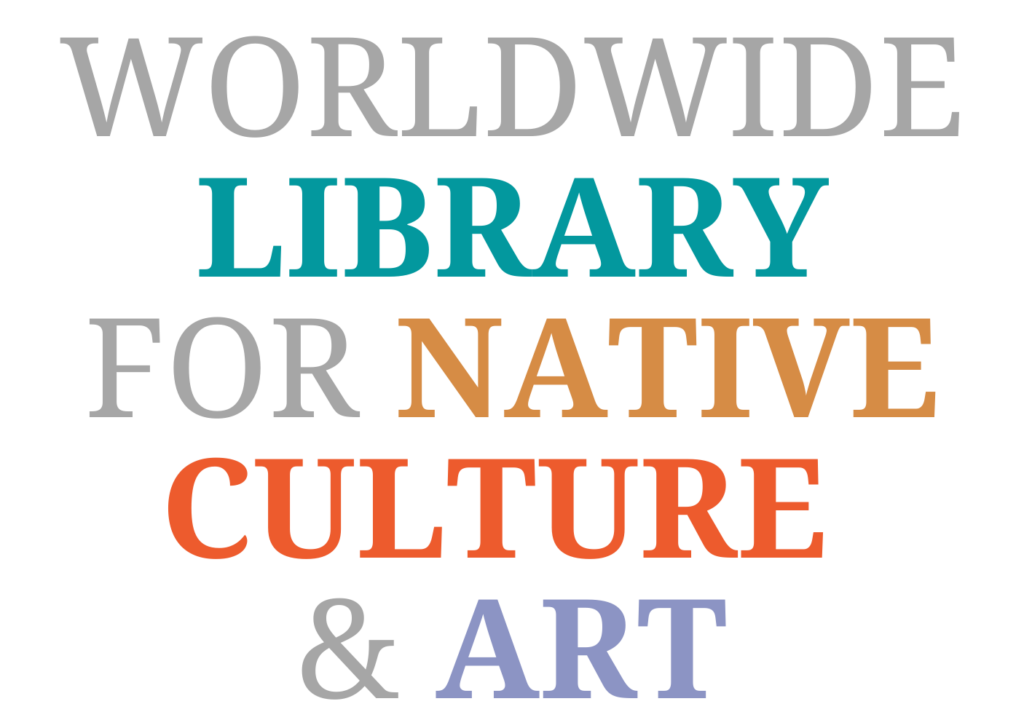The Africa Bioregion Library preserves and connects the ancestral wisdom of Africa through a bioregional and AI-enhanced archive, featuring Kemetic, Berber, Yoruba, San, and Indigenous knowledge systems within the World Bioregions Library network.
SELECT ONE LIBRARY:
African Bioregion Library
Keywords:
Africa Bioregion Library, African ancestral wisdom, Kemetic knowledge, Yoruba cosmology, Berber traditions, San healing, Nilotic ecology, Sahel heritage, Indigenous Africa, plant medicine, bioregional knowledge, ecological philosophy, sacred geography, digital humanities, ChatGPT archives, OpenAI cultural preservation, bioregiones.org, World Bioregions Library, ecological wisdom, ancestral medicine, African spiritual traditions
Introduction: Reawakening the Ancient Knowledge of Africa
The
Africa Bioregion Library, part of the
World Bioregions Library at
bioregiones.org, is a digital and bioregional archive dedicated to preserving Africa’s deep ancestral memory. From the Nile Valley to the Cape of Good Hope, and from the Sahara to Madagascar, this living repository unites ecological, spiritual, and medicinal traditions that have defined human civilization since its origins.
Africa is the cradle of humanity — the source of countless cosmologies, agricultural innovations, and healing systems rooted in the rhythms of the Earth. The
Africa Bioregion Library weaves these diverse knowledge systems through digital humanities, multilingual archives, and AI-assisted preservation, creating a living continuum that honors both ancient roots and emerging knowledge pathways.
Bioregional Framework: Mapping Wisdom Across Africa’s Landscapes
The bioregional perspective reveals Africa not as a political continent, but as a constellation of living ecosystems and cultures:
- Nile Bioregion: Spanning Egypt, Sudan, and Ethiopia — seat of Kemetic science, sacred geometry, and river-based cosmology.
- Sahel Bioregion: Stretching across Mali, Niger, and Chad — cradle of desert survival knowledge, star navigation, and oral philosophy.
- West African Bioregion: Including Nigeria, Ghana, Benin, and Senegal — Yoruba, Dogon, and Akan cosmologies, drumming as data transmission, and forest medicine.
- Central African Bioregion: Congo Basin and equatorial forests — plant-based healing, spiritual ecology, and rainforest governance.
- East African Bioregion: Kenya, Tanzania, Uganda, and the Great Lakes — Maasai and Swahili traditions, water ethics, and savanna medicine.
- Southern African Bioregion: Zimbabwe, Botswana, Namibia, and South Africa — San and Bantu ancestral wisdom, trance healing, and mineral knowledge.
- Island Bioregion: Madagascar, Comoros, and Seychelles — blending African, Austronesian, and Indian Ocean maritime traditions.
Each collection integrates oral literature, medicinal plant knowledge, sacred music, and ecological practices that form the foundation of Africa’s living heritage.
Sacred Knowledge, Ecology, and Ancestral Medicine
Across Africa, medicine and cosmology are inseparable from ecology. The
Africa Bioregion Library connects these traditions through:
- Kemetic Medicine: Ancient Egyptian healing arts based on cosmic alignment, minerals, and sacred geometry.
- Yoruba Ifá Divination: A complex ecological and linguistic system encoding environmental knowledge through poetry and rhythm.
- San Healing and Ecological Trance: Practices rooted in energy movement, animal kinship, and the intelligence of desert ecosystems.
- Herbal Pharmacologies: Baobab, moringa, rooibos, and countless species used for nutrition, immunity, and ritual healing.
- Ancestral Ecology: Systems of sustainable herding, water conservation, and agricultural rotation that reflect ecological balance.
Through partnerships with healers, elders, and researchers, the Library ensures that these traditions remain living, dynamic, and ethically represented.
AI and Digital Preservation of Living Knowledge
The
Africa Bioregion Library employs
AI-assisted semantic indexing and
multilingual cataloging to connect oral histories, manuscripts, and ethnobotanical records. Using ChatGPT and OpenAI technologies, the archive creates bridges between mythic narratives, ecological data, and linguistic patterns.
This digital infrastructure safeguards endangered knowledge while enhancing intercultural understanding. Collaborations with African universities, archives, and digital heritage institutes ensure that technology respects local autonomy and traditional custodianship.
AI functions here not as replacement, but as resonance — amplifying ancestral voices within a global context of regeneration and shared learning.
Interconnection within the World Bioregions Library Network
The
Africa Bioregion Library is an integral node in the planetary network of the
World Bioregions Library, connecting the ancestral sciences of the global South and beyond:
Together, these libraries weave a planetary framework for biocultural memory, bridging continents through ecological consciousness and sacred heritage.
Community Collaboration & Ethical Stewardship
The
Africa Bioregion Library is built through collaboration with African elders, universities, ethnobotanists, storytellers, and digital humanists. Knowledge is shared through community consent, linguistic accuracy, and respect for local custodianship.
Cultural representation follows traditional protocols, ensuring that archives uplift community sovereignty rather than extract from it. This living model embodies
Ubuntu — the philosophy of interconnected being — affirming that “I am because we are.”
References (APA)
- Diop, C. A. (1989). The African Origin of Civilization: Myth or Reality. Lawrence Hill Books.
- Mbiti, J. S. (1990). African Religions and Philosophy. Heinemann.
- Shiva, V. (2016). Who Really Feeds the World? The Failures of Agribusiness and the Promise of Agroecology. North Atlantic Books.
- World Bank. (2021). African Traditional Knowledge and Climate Resilience. Washington, DC.
- Gates, B. (2023). The Age of AI Has Begun. GatesNotes. https://www.gatesnotes.com/the-age-of-ai-has-begun
SELECT ONE LIBRARY:
